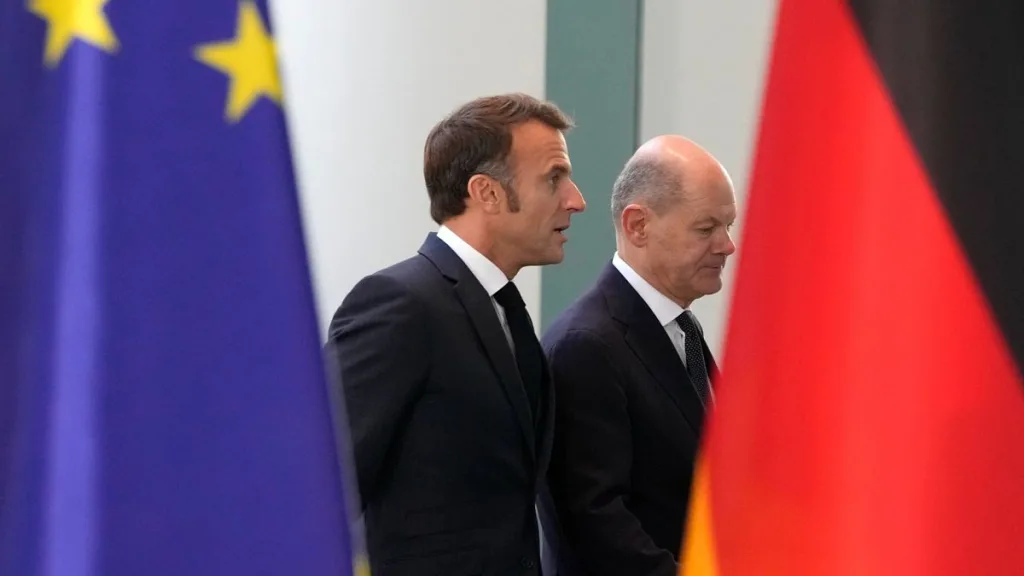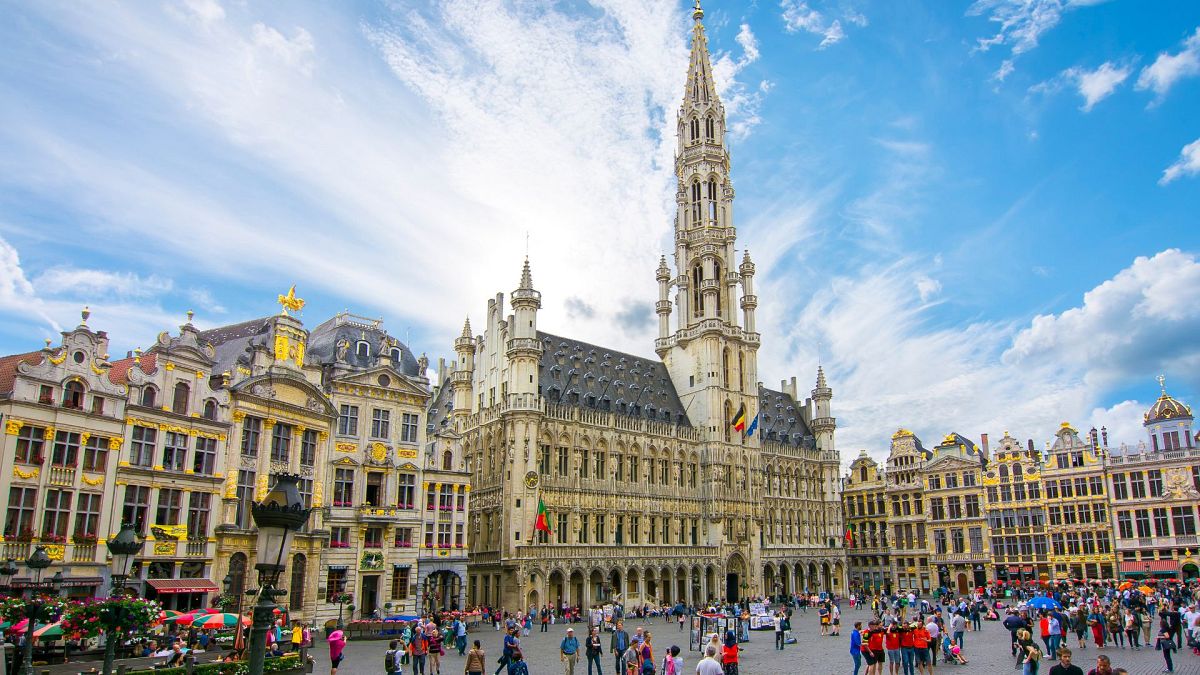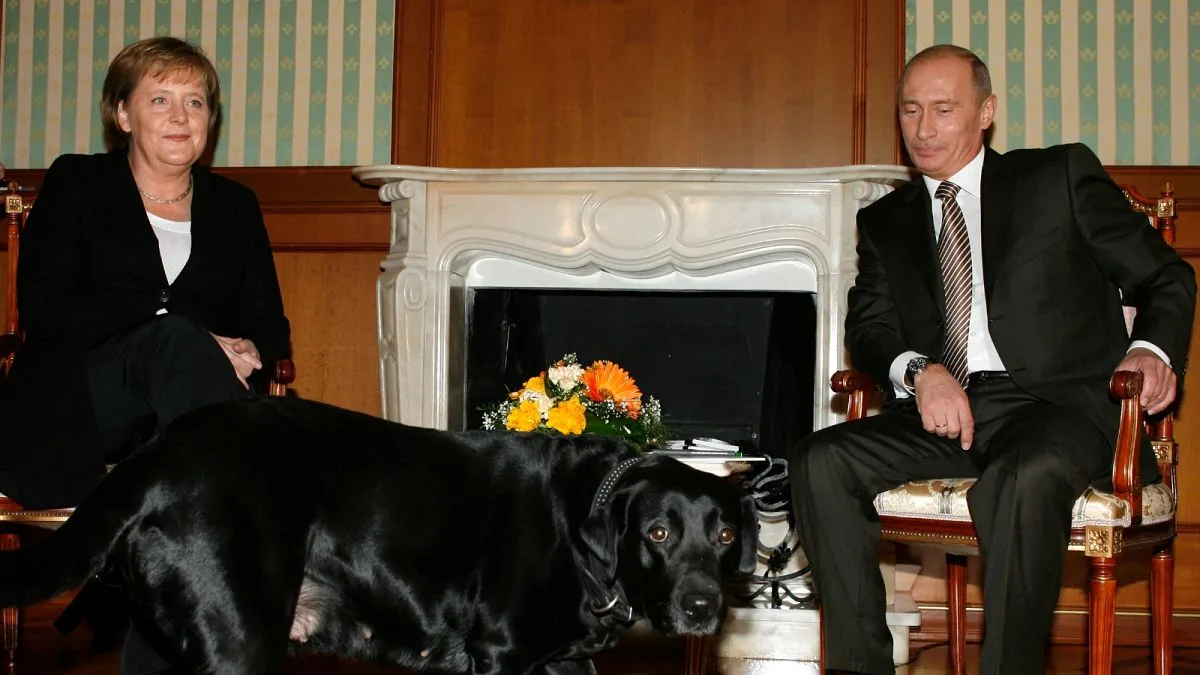The recent political turmoil in Berlin and Paris could significantly hinder efforts to tackle Europe’s growing budget deficits and flagging competitiveness.
The current political uncertainty in France and Germany—the two largest and most influential nations in the European Union—casts a shadow over an already struggling European economy.
Just yesterday, the French Parliament registered a no-confidence vote against Prime Minister Michel Barnier, resulting in his designation as the shortest-serving head of government under the Fifth Republic.
In the wake of this political upheaval, President Emmanuel Macron now faces immense pressure to select a new prime minister and is even encountering calls for his resignation.
The political rift that led to Barnier’s dismissal revolved around the contentious 2025 annual budget, indicating that addressing France’s economic challenges will become even more daunting. France is grappling with a budget deficit of 6.2% of GDP, marking the worst budget imbalance in the eurozone.
Barnier had aimed to rectify this enduring shortfall by utilizing the maximum seven-year timeframe allowed by new EU fiscal regulations. However, the new government will likely struggle to advance tax and spending reforms, with no elections scheduled until mid-next year and no single bloc in the National Assembly capable of achieving a majority.
Many on the left are advocating for the rollback of significant pension reforms that were central to Macron’s liberal agenda, while far-right leader Marine Le Pen has been vocal about indexing pensions to inflation, an expensive proposition.
Compounding matters, the crisis in Paris is paralleled by difficulties in Germany. The European Commission has predicted that next year, Germany will be both the largest member of the EU and its poorest performer, with expected economic growth of just 0.7% following a contraction in 2024.
Berlin also faces its own political challenges. The ruling three-party coalition collapsed in November amid disagreements over fiscal policy between Chancellor Olaf Scholz and his liberal finance minister, Christian Lindner. Scholz has called for early elections scheduled for February, but during this tumultuous period, Berlin has failed to present any fiscal strategy to the EU for addressing its deficit—despite advocating for strict fiscal guidelines in Brussels.
The economic outlook for Europe appears bleak. Strained relations with major trading partner China are causing concern as the EU strives to “derisk” itself from a geopolitical rival. Additionally, the possibility of US President Donald Trump reinstating a 10% tariff on European goods poses further economic challenges, creating directly incurred costs for EU exporters and complicated retaliatory decisions for national leaders.
The looming threat of Russian aggression, along with a potential US shift away from NATO, necessitates increased military investments across Europe.
This political vacuum is likely to stymie broader efforts aimed at revitalizing a sluggish European economy.
In recent months, former Italian Prime Ministers Mario Draghi and Enrico Letta have issued stark warnings about Europe’s waning competitiveness, particularly in comparison to the US.
Yet, without clear directives emanating from Paris and Berlin—the capitals viewed as the driving force behind the European project—it remains uncertain whether their proposed solutions will gain traction. Draghi and Letta have suggested politically challenging initiatives such as common borrowing through euro bonds, enhancing capital markets, or establishing a new pan-European investment fund to compete with the sizable green technology subsidies available in the US.
Implementing these ideas involves complex issues like risk-sharing among governments, increased financial obligations to Brussels, formulating pension reform, and potentially dissolving national financial regulators. This array of political hurdles poses a significant challenge for any government, particularly one weakened by recent upheaval.
Photo credit & article inspired by: Euronews



